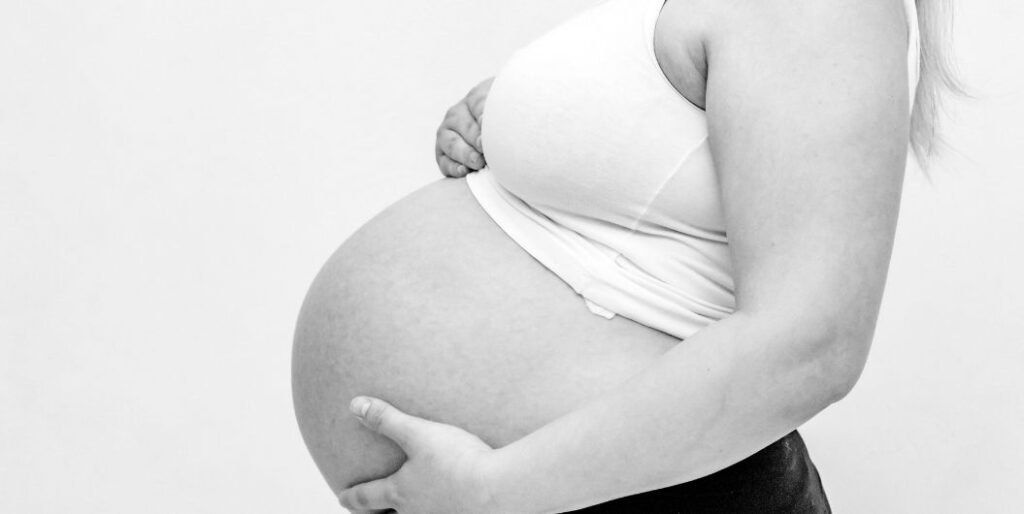Massage During Labor

The benefits of massage during pregnancy are well documented — women who receive regular massage by a masseuse certified in pregnancy massage are typically more relaxed, less stressed, have less swelling and enjoy less muscle tension and joint pain. Pregnancy can be difficult physically, even in the healthiest pregnancies. Even if you didn’t have massages during pregnancy, massage during labor is equally useful as a way to relax, and cope with the pain and discomfort of labor.
Many doulas and labor assistants are certified in pregnancy, labor and postpartum massage. Massage during labor is particularly useful to help the woman prepare and loosen her pelvis for delivery, improve the flexibility of the muscles required for labor and delivery, and facilitate better blood flow and fluid drainage.

During early labor, massage is useful for relaxing the mother so that she can save her energy for the later stages of labor, and delivery. It has been shown that the adrenaline that is released during times of stress works against the contraction-inducing hormone oxytocin. Massage therapists help a laboring woman to use her body to work for itself, not against it by relaxing her and reducing her stress.
Massage during labor is an excellent method of pain relief, which for some, is preferable to other methods of pain control. Research has shown that women who have massage during labor don’t require pain medications and other medical interventions as often as those who don’t receive massage during labor. Your massage therapist may also use massage in conjunction with breathing techniques to help you better cope with the pain of labor and delivery.

During labor, many women experience intense lower back pain. Massage which focuses on the lower back, and counterpressure are extremely helpful in providing pain relief, allowing the mother to focus on maintaining her composure and ability to utilize breathing techniques.
Massage during labor is perhaps most successful if the woman has had regular prenatal massage, which has prepared her body to cope with labor. While some women may have had wonderful experiences with prenatal massage, they may not want someone touching them during labor. The key is to do what works for you — you may be able to deliver your child without the help of pain medication, or you may find that you need it to cope with the pain of labor. There is no right or wrong choice.
Many massage therapists are also certified to provide postpartum massage which can help you return to your pre-pregnancy body more quickly. Postpartum massage helps to realign the spine, restore the abdomen, soothe sore muscles and relax the new mom. Many doctors and midwives are recommending prenatal, labor and postnatal massage as part of a well-rounded prenatal regimen.
